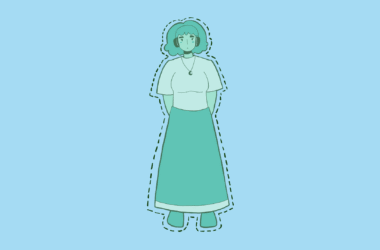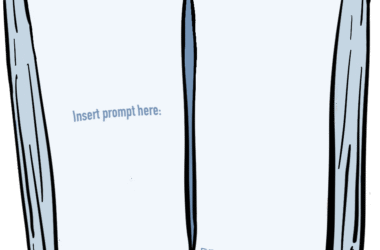Montreal is a politically charged city in a politically charged province; even the most insulated McGill ghetto resident knows that. When put to the task, it is a good bet that most students could also tell you a bit about Quebec’s beef with Canada, Canada’s beef with Quebec, and do a half-decent impression of Jean Chretien (hint: as you’re talking, move your mouth like you are, in fact, chewing beef). Secession, Bill 101, The Quiet Revolution… these are important, but rather thoroughly covered subjects in political science classes and the Canadian media (If they are not, go ahead and check out the Quebec Buzz-words chart below).
While Canadian students know the history and the gripe, do they really know the basics? It is rather shocking to discover that the majority of undergraduates probably could not even name the parties in Quebec provincial politics, much less who their local representative is. For shame! Here is an overview of the major parties currently on the Quebec politic scene. There are three; feel free to join one at your leisure.
Note: To every Montrealer who finds themselves constantly shaking their fist at other students’ political ignorance on campus, perhaps this will help. Or, at least provide more content to fuel harder fist- shaking, and to use in conjunction with some French profanity if you are feeling especially belligerent (see Swearing Chart in Student Living for ideas).
To begin in alphabetical order, first comes
The Action démocratique du Québec. Interestingly, the party has no official translation of its name; it is referred to as the ADQ even in the English media. This fiscally right-of-center party was founded in 1994 by former members of the Parti Liberal du Quebec (don’t fret, we’ll get to them soon) following the defeat of the Charlottetown accord. ADQ members are the conservative hotshots in the Quebec political food chain, though considerably less Harp-y and more Mulroney-y, in a manner of speaking. If you should chance to meet an ADQ-er one day, you can call him/her an adéquiste, which is a nickname derived from the French pronunciation of the initials.
The current leader of the ADQ pack is a man named Mario Dumont; who was an Economics major at Concordia University back in the day, but don’t hold that against him. These conservative cats were associated with Quebec soveriegnty during the 1995 referendum, and are currently pushing for Quebec to adopt its own constitution and collect federal taxes. Although Dumont may have adopted the nickname ‘Ti cul (a french term of endearment for a child), don’t be fooled: he has claimed that his party would be willing to break federal laws, if necessary, to ensure the development of the province’s hydroelectric capacity. The lesson? He may seem cute as a button, but don’t mess with Mario.
Next, comes the good ol’ Parti Libéral du Québec, or the Quebec Liberal Party. The party was founded in 1867 from the remains of The Parti Canadien, which included the boys that supported the 1837 Lower Canada Rebellion, though they also stole some of their style from Les rouges, who were another Lower Canada-based group. They are, not surprisingly, Quebec’s major left-from-center party. However, they have not actually been affiliated with the federal Liberal Party since 1955.
This party’s hot button is that they support Quebec federalism (Quebec remaining within the Canadian confederation), and it is the only one of the three major parties that does so. The head honcho of this party since 2003 – and current Quebec premier – is a man named Jean Charest. Some Quebec Liberals are critical of Charest because of the party’s recent adoption of more fiscally conservative policies. He is a former federal Progressive Conservative, and many believe the Federalist movement is the result of the direct influence of those ideals. But, more significant than any of this economic hooplah, is the controversy surrounding Charest’s real name: is it Jean, or John? His response: “When you’ll have curled hair like me, you’ll decide what my first name is.”
And, of course, you can’t talk Quebec politics without la crème de la crème of Quebec parties: Parti Québecois (PQ). Founded in 1968, these guys mean business: They make up Quebec’s main sovereigntist and social democratic party. The party head is the media-adored poster boy André Boisclair, who came to power in 2005. This Harvard alumnus – who actually attended lectures by the current Liberal-leadership contender Michael Ignatieff during his time there – was the first openly gay person in North America to lead a major political party. Go, Boisclair! Unfortunately, though, and to the horror of many PQ supporters, in the midst of his 2005 campaign he publicly admitted to having used cocaine while he was cabinet minister in the 1990s. Luckily, he was still elected PQ leader despite the scandal. Phew.
While many people make the mistake of thinking that the PQ and the Bloc (see below) are the same party, they surprisingly are not. They are, however, political allies… sovereignty associates, if you will. They often support each other during elections, and share both candidates and the majority of their members. The official PQ Web site even has a link to the Bloc on their main menu. What is the real difference between the two? The Bloc is a federal party, while the PQ is provincial. Make no mistake, though, the Parti Quebecois is not the provincial wing of the Bloc. At the end of the day, they are still separate parties.






